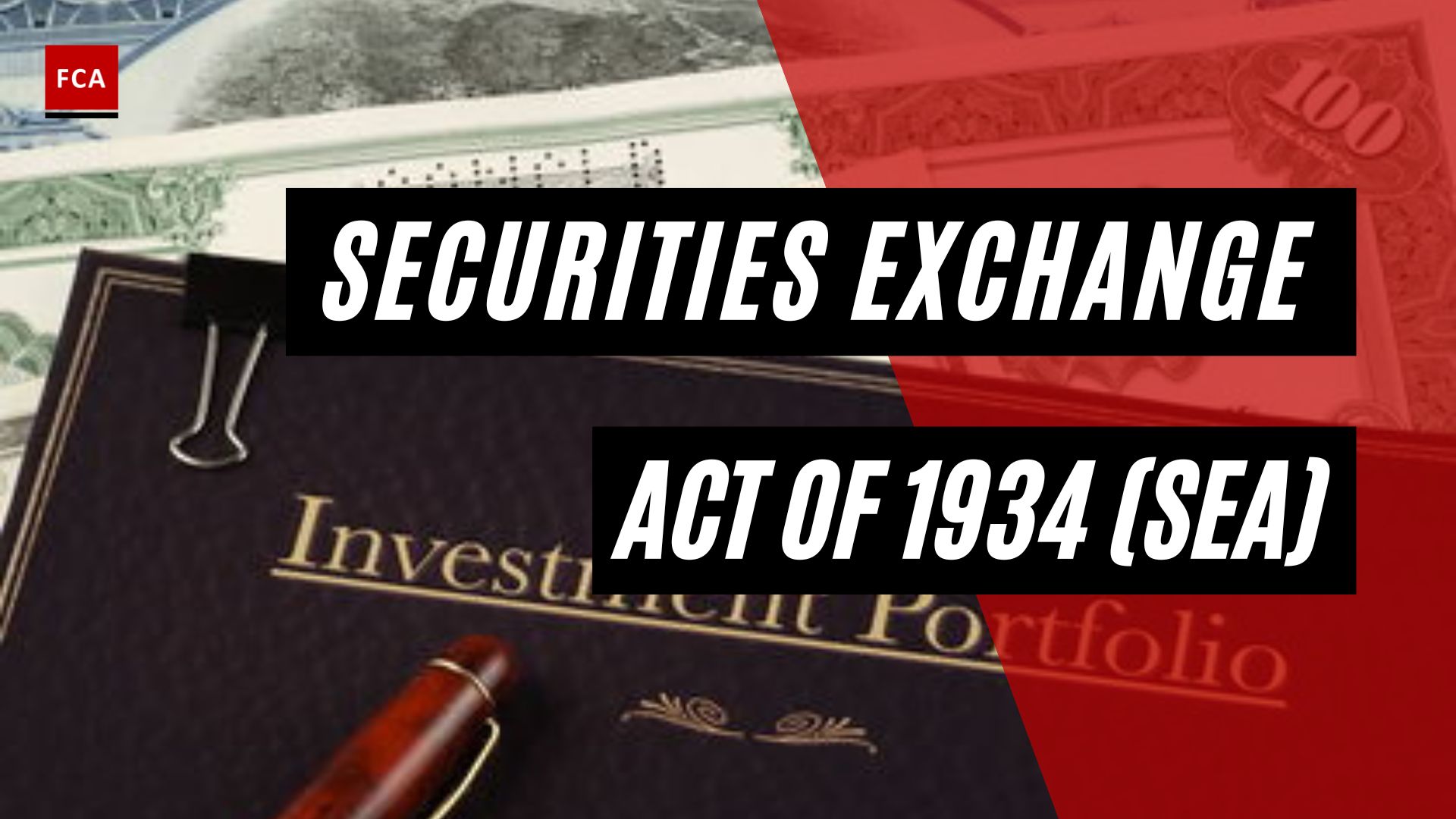Insider lists definition and content. An insider may be a person or persons charged with the execution of orders concerning financial instruments, receiving information conveyed by a client, and relating to the client’s pending orders in financial instruments. Directly or indirectly, to one or more issuers or one or more financial instruments, and which, if it were made public, would be likely to have a significant effect on the prices of those financial instruments.

Insider Lists Definition And Content
The price of related spot commodity contracts, or on the price of related derivative financial instruments.
An insider may have precise information, which means the information that concerns:
- A set of circumstances which exist or which may reasonably be expected to come into existence; or
- An event which has occurred or which may reasonably be expected to occur;
- Where it is specific enough to enable a conclusion to be drawn as to the possible effect of that set of circumstances or event on the prices of financial instruments or the related derivative financial instrument, the related spot commodity contracts, or the auctioned products.
List of Insider
An insider list is required to be prepared, and maintained by the companies, on a timely basis, to identify those persons who fall into the scope of the Insider, and for whom appropriate controls need to be implemented, to avoid the risks of insider dealing, and trading.
The existing requirement for issuers of instruments to maintain an insider list comprised of employees and advisers who have inside information has been enhanced. In the future, the content and form of insider lists will be set out more prescriptively to establish a harmonized standard across all Member States.
The concept of keeping insider lists of those people who have access to a company’s inside information before it is published is well established. Companies are required to keep insider lists under MAR in a similar way to that under the Market Abuse Directive.
In addition, companies must take all reasonable steps to ensure that any person on the insider list acknowledges in writing the legal and regulatory duties entailed and is aware of the sanctions applicable to insider dealing and unlawful disclosure of inside information. Where another person acting on behalf of the company, usually an advisor, assumes the task of drawing up and updating an insider list, the company remains fully responsible for complying with the regulations and the company must always retain a right of access to the insider list.
What must an insider list contain?
MAR sets out the precise content and the format of the insider list which must be kept in an electronic form. Companies may keep two separate lists: a list of permanent insider lists and a project list. However, those on the permanent insider list should not also appear on the project list as they are deemed to have possession of inside knowledge at all times. This may therefore involve greater consideration of the differences between the permanent and project lists and who should appear on each with more attention paid to drawing up project lists.
The information required to be on the insider list has been expanded to include additional information such as not just the date but the time the person obtained or ceased to have inside information, home telephone numbers and addresses, and national identification numbers (where applicable).
Companies are required to ensure that they have access to or can obtain the necessary personal information which may be through HR departments. A mandatory template for these lists across the EU will be in force from 3 July 2016. Generally, companies must ensure careful management and protection of inside information and who has access to files whether in hard copy or electronically. The aim should be to restrict access to as few people as possible on a need-to-know basis only.
Insider lists will include personal details of the insider’s date of birth, national identification number, addresses, telephone numbers, and also the date and time and the reason that the individual has been included on the insider list. Significantly, MAR codifies the decision of the Court of Justice of the European Union in the so-called “Spector Photo” case.
Spector Photo Group NV (“Spector”) was a publicly-traded Belgian company. It operated a stock option program for its employees. To satisfy its obligations to transfer shares to employees, Spector purchased its shares on the market both itself and by using the services of Mr. Van Raemdonck. Following the purchase, Spector announced a planned takeover by its subsidiary of a rival company and also disclosed Spector’s financial results, leading to an increase in its share price. These matters had been in contemplation at the time of the dealing.
The Belgian financial regulator investigated the purchases by Spector and Mr. Raemdonck, found that they had committed insider dealing, and imposed fines on them. The respondents brought an appeal before a higher court in Belgium, which referred several questions to the ECJ. One of the questions referred to by the ECJ was whether it is sufficient, for a transaction to be classed as insider dealing, that an insider in possession of inside information trades on the market in financial instruments to which that information relates, or whether it is necessary, in addition, to establish that that person has ‘used’ the information ‘with full knowledge.
In the “Spector Photo” case, the European Court of Justice handed down a judgment in the Spector Photo case on the interpretation of Article 2(1) of the Market Abuse Directive, which contains a pan-European prohibition on insider dealing. The ECJ held that, about insider dealing market abuse, national authorities don’t need to demonstrate that the person accused of insider dealing had used inside information with full knowledge.
Final Thoughts
Instead, embedded in the definition of insider dealing there is a presumption that a person who owns inside information and who deals in financial instruments to which the information relates ‘uses’ that information in contravention of the insider dealing prohibition.








